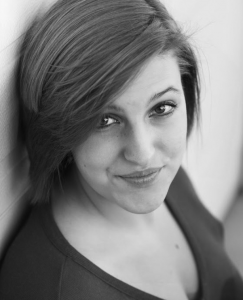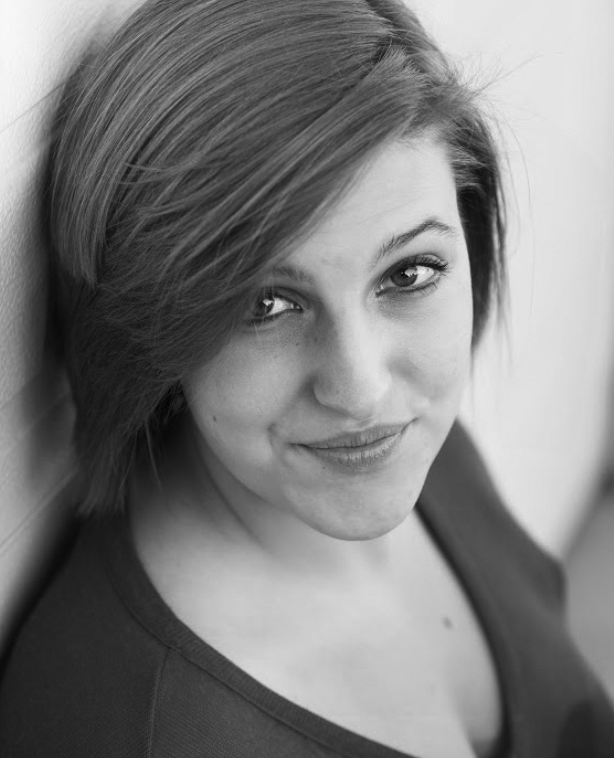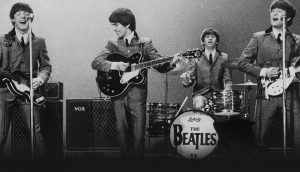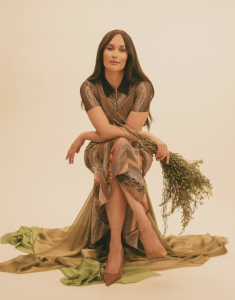Last updated on Oct 26, 2016
By Jada Butler
Staff Writer
What does it mean to be a woman? Where and when did the concept of womanhood come to life? The answers to these questions can be found on the stage in PTC’s production, “Age of Elizabeth.”
Follow modern Elizabeth and her mother’s story of betrayal and her journey through a timeline of mother-daughter relationships in past generations of her family, and the lessons that were passed down by each; discover how the trials women had faced in the past impact the future and define womanhood.
Written and directed by Logan DeWitt, the idea for “Age of Elizabeth” arose from a topic of discussion on nature vs. nurture within DeWitt’s household, where she is the only biological child of seven. DeWitt started to question learned behavior to search for the reasoning behind womanhood.

“I started writing it about a year ago,” DeWitt said. The script is still changing and transforming as the actors go through the workshop and rehearsal process.
The cast consists primarily of women: five Elizabeths, following the usually male tradition of passing down a name, and one man who plays every male character within the show.
DeWitt wanted to center the focus on the women of the play, as opposed to the men, an attempt to pass the Bechdel test. The test identifies the roles of female characters within a play or film based on three questions: whether they are named, interact with other female characters, and talk about anything other than a male character. In the entertainment industry today, many films fail that test. This pushed DeWitt to have a female-driven show.
“It’s really interesting being in this specific show,” said Cayla Michael, sophomore musical theatre major playing as modern Elizabeth. “There are a lot of things that she (Elizabeth) goes through that is personal to me and other people in my life.”
An overbearing and involved mother pressures Elizabeth, an issue that Michael sees reflected in some of her friends. “It gives me a sense of what they must have gone through,” she said.
With all of the focus on content and meaning throughout the play, the set itself is made to be simplistic in a fair contrast. Containing a single chair, three hanging frames to serve as time dividers, and walls on the sides covered in photos, the set establishes a place in time without drawing too much attention from the messages of the story.
What DeWitt wants is for the audience to examine the relationships they have in their own lives and what messages they are sending to one another through their interactions, especially for women. “Are we building one another up,” DeWitt asked, “Or are we subliminally tearing one another down?”
“Age of Elizabeth” will be showing at the Rifle Range Theater on Oct. 28-29 at 8 p.m. and Oct. 30 at 3 p.m.




Be First to Comment